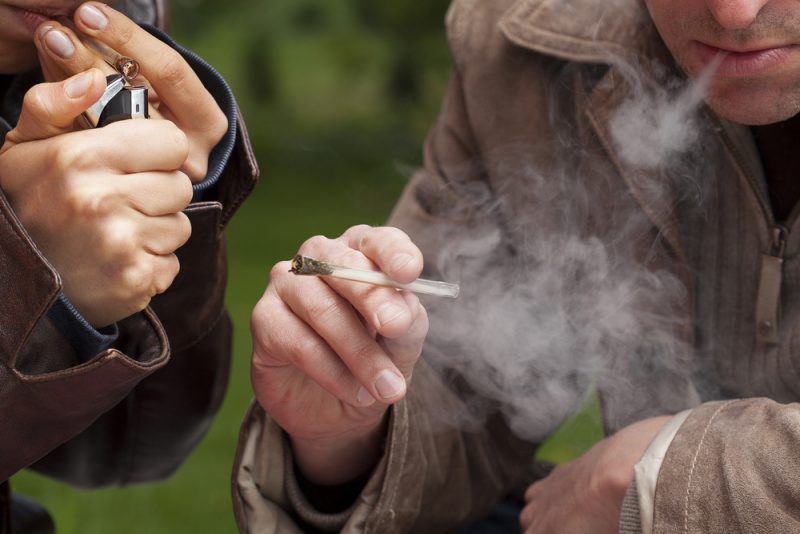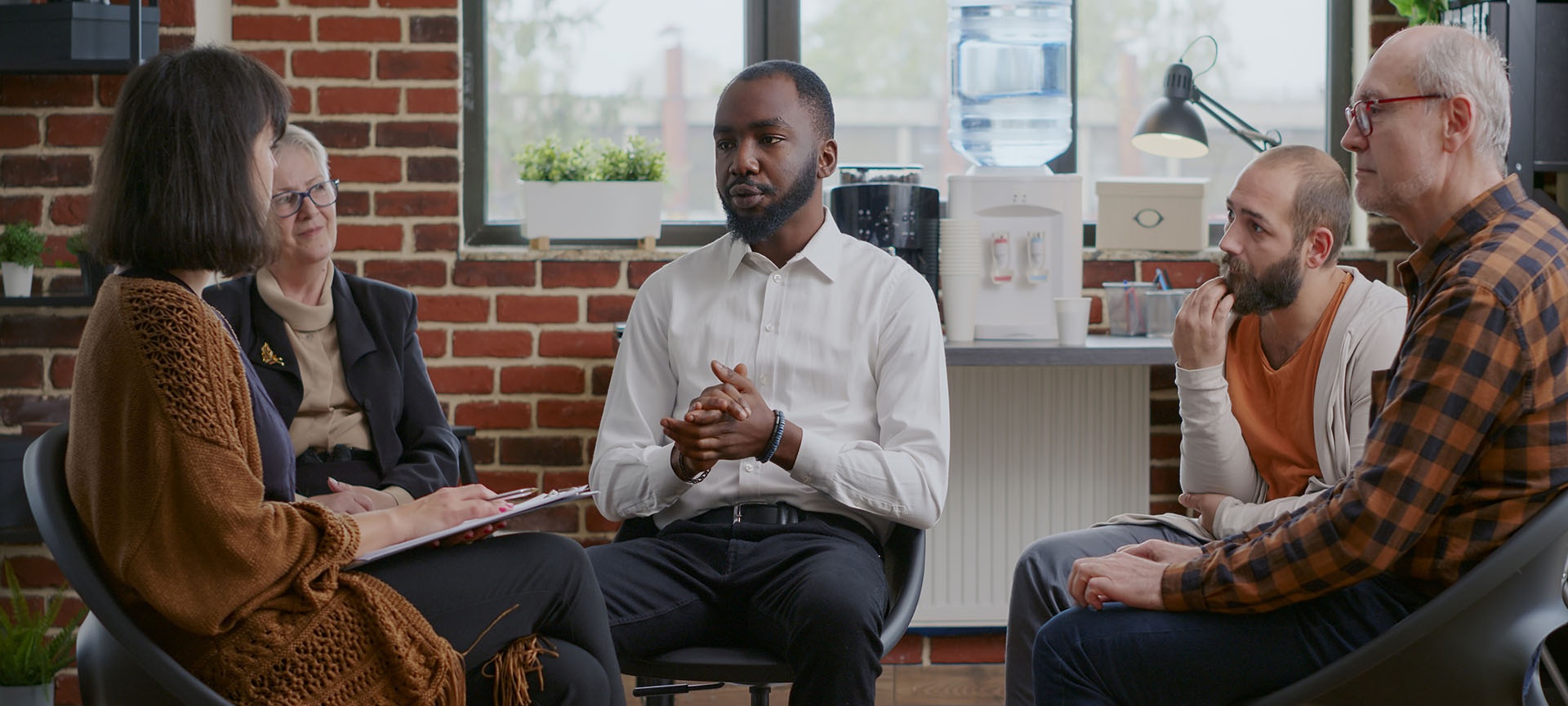
Clearing the Smoke on Marijuana:
Marijuana use has split people into two camps: those firmly against it and all of its uses, including medical ones and those who are backing up its potential and harmlessness for both therapeutic reasons as well as recreational ones. This situation is particularly more alive than ever in North America. The use of cannabis as a medical treatment has been legal since 2001, while the sale, possession, and use of recreational cannabis will be legalized as of October 17, 2018.
Even before that, Canada ranked at the very top of countries with highest rates of cannabis use in the world. While a spliff won’t automatically push someone into addiction, people can become addicted easily with continued, frequent and heavy use. There is a huge knowledge gap here, especially among Canadian teenagers who view marijuana as a harmless herb and as they put it, helps them to be more relax, focus and drive better, be less violent and think more creatively. What they are not aware of is that using marijuana at such an early age when the brain is still developing can lead to cognitive impairment and paired up with mental issues predisposition is nothing short than a recipe for disaster.
It is true that regardless of age however, some people are more likely to becoming addicted than their peers. Numbers estimate thatone in three individuals who use cannabis will develop a substance problem. If a person uses the drug on a daily basis, the risk skyrockets to up to 50%. In reality, using cannabis can cause quite the opposite effects than what many believe: it compromises concentration and motor skills as well as the ability to think and make decisions rationally. It has also been shown to induce anxiety, panic attacks and paranoia.
Related article: Addiction Treatment for Marijuana: Why You Need to Stop Smoking
As with all drugs, no one can guarantee the effects considering they very much depend on personal circumstances. With cannabis it will depend on the amount used, the time and frequency of use, the method of taking the drug (smoked, vaped, eaten), the person’s mood, expectations and environment, pre-existing conditions and genetic factors and if it is being taken alongside alcohol or other drugs. All of these factors will also have an impact on how long the effects will last and their intensity.
The good news is that the risk of addiction is lower than the ones for alcohol or opioids for example and an overdose cannot be fatal. Nevertheless, this does not eliminate the risks it poses to a person’s health and well-being. Cognitive behavioural therapy is the most popular treatment program for marijuana rehab. The therapy works by educating the recovering user of healthy and effective ways to perceive their lives and their addiction while also offering the necessary coping mechanisms and alternatives to avoid continued use. Contact 1000 Islands Addiction Rehab & Treatment Centre for addiction treatment programs.
Related article: The Amazing Benefits of Quitting Marijuana


